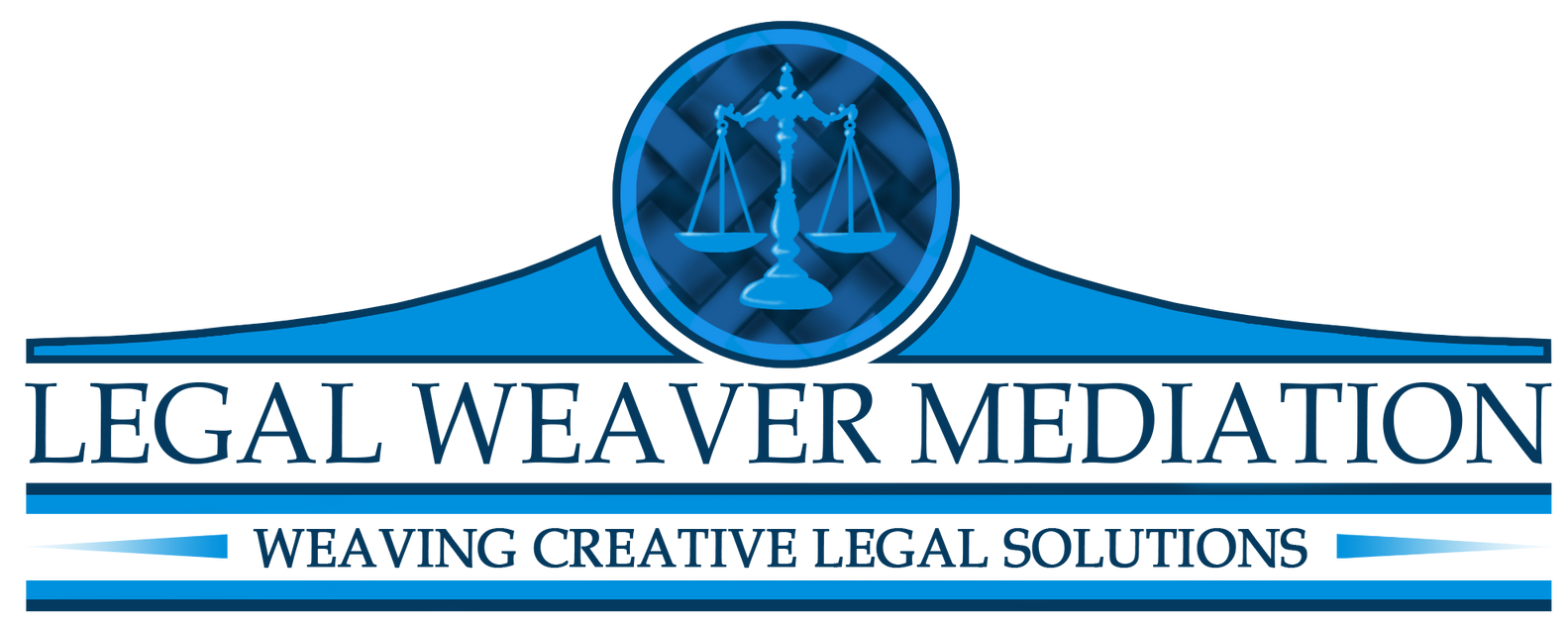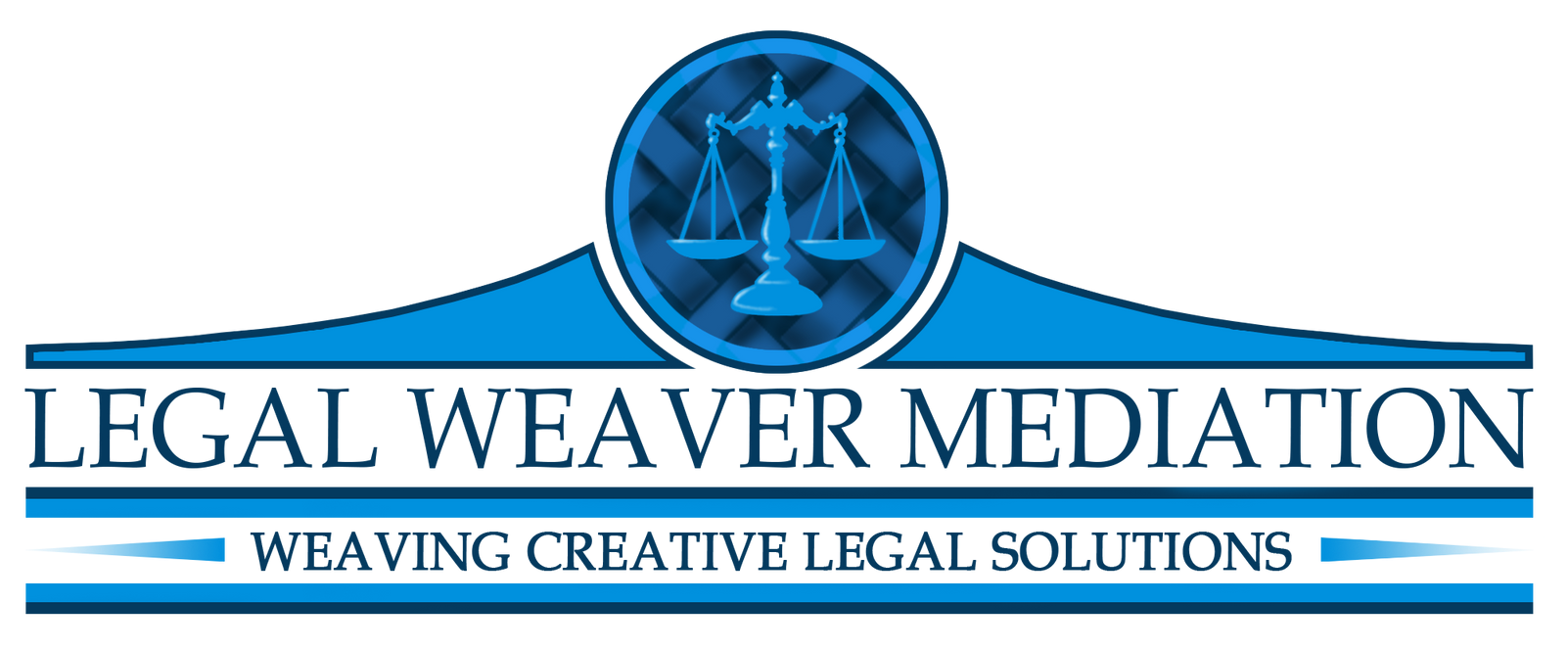Dec 29 2024 19:46 | Nicole Weaver
Choosing the Right Business Structure for Success
When starting or expanding a business, selecting the appropriate structure is crucial. A Doing Business As (DBA) designation offers flexibility, liability protection and growth opportunities. To optimize your DBA, consider these key factors:
- Liability Protection Needs: Assess your risk exposure and determine if a DBA provides sufficient protection for your personal assets.
- Tax Implications: Understand the tax consequences of a DBA versus other structures like sole proprietorships, corporations or Limited Liability Companies (LLCs).
- Ownership and Management Requirements: Define roles, responsibilities and decision-making processes.
- Formalities and Compliance: Familiarize yourself with registration, licensing and reporting requirements.
- Growth and Scalability Plans: Consider how your business structure will support expansion and future goals.
DBA vs. Sole Proprietorship vs. Inc. vs. LLC: Understanding the Differences
Optimizing Your DBA for Success
To ensure your DBA thrives:
- Conduct Thorough Market Research: Understand your target audience, competition and market trends.
- Develop a Robust Business Plan: Outline goals, strategies, financial projections and contingency plans.
- Establish a Strong Online Presence: Create a professional website, engage on social media and manage online reviews.
- Build a Network: Foster relationships with suppliers, vendors, partners and industry experts.
- Monitor and Adapt: Continuously evaluate and adjust your business strategy to stay competitive.
Common Mistakes to Avoid
Steer clear of these pitfalls:
- Insufficient Research: Understand market conditions, competition and regulatory requirements.
- Poor Planning: Set clear goals, strategies and financial projections.
- Inadequate Funding: Estimate startup costs, expenses and contingency funds.
- Ineffective Marketing: Tailor marketing strategies to reach your target audience.
- Non-Compliance: Register your DBA, obtain necessary licenses and permits, and maintain records.
Frequently Asked Questions (FAQs)
Q: Can I register a DBA online?
A: Yes, through the Florida Department of State's website.
Q: How long does a DBA registration last?
A: Typically 5 years, after which you'll need to renew.
Q: Can I use a DBA for a nonprofit organization?
A: Yes, but specific requirements may apply. Consult with an attorney.
Q: Can I convert a DBA to an LLC or corporation?
A: Yes, but consult with an attorney to ensure a smooth transition.
Q: Are DBAs transferable?
A: Generally, no, but consult with an attorney for specific guidance.
Conclusion
A DBA offers numerous benefits for businesses seeking flexibility, protection and growth. By understanding the requirements, implications and best practices, you can make informed decisions and set your business up for success. Consult with professionals, carefully plan and continuously adapt to ensure your DBA thrives.

